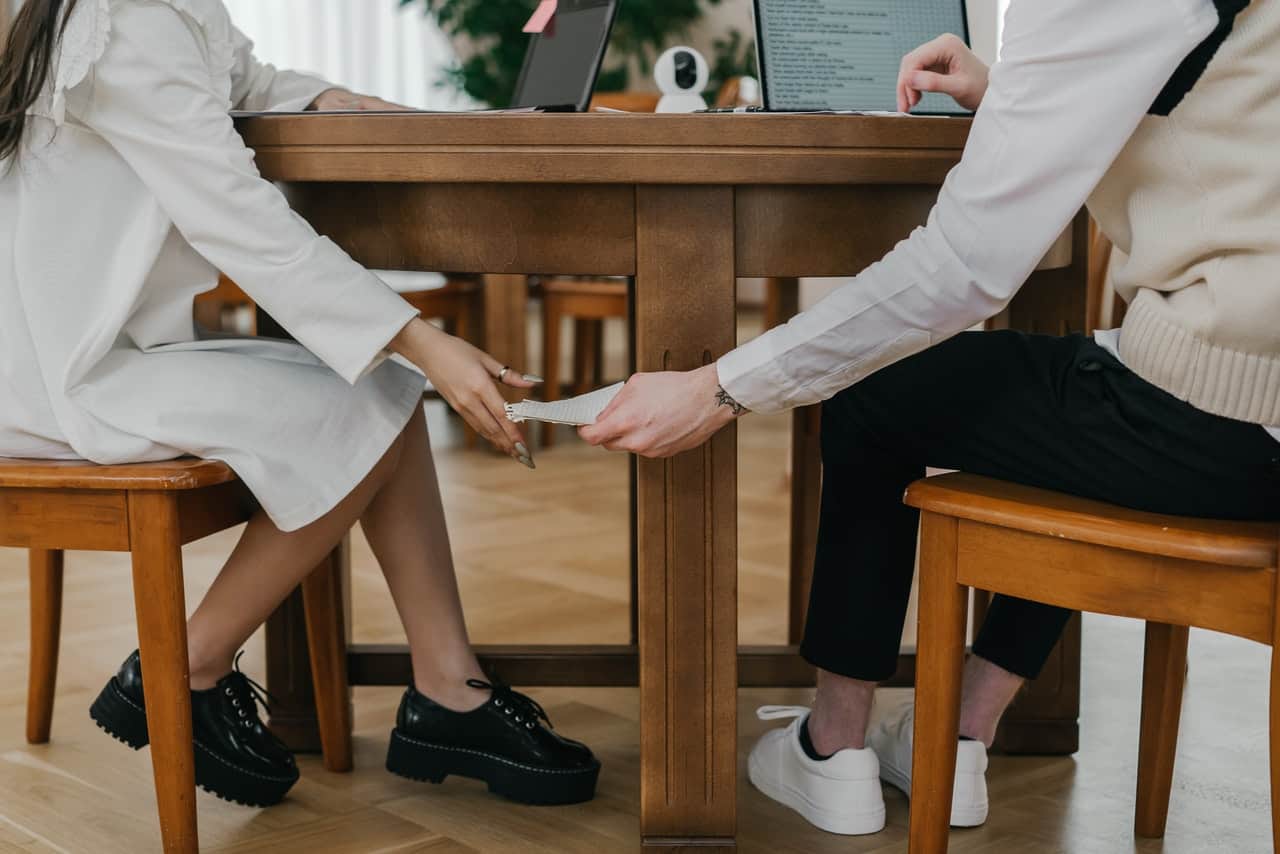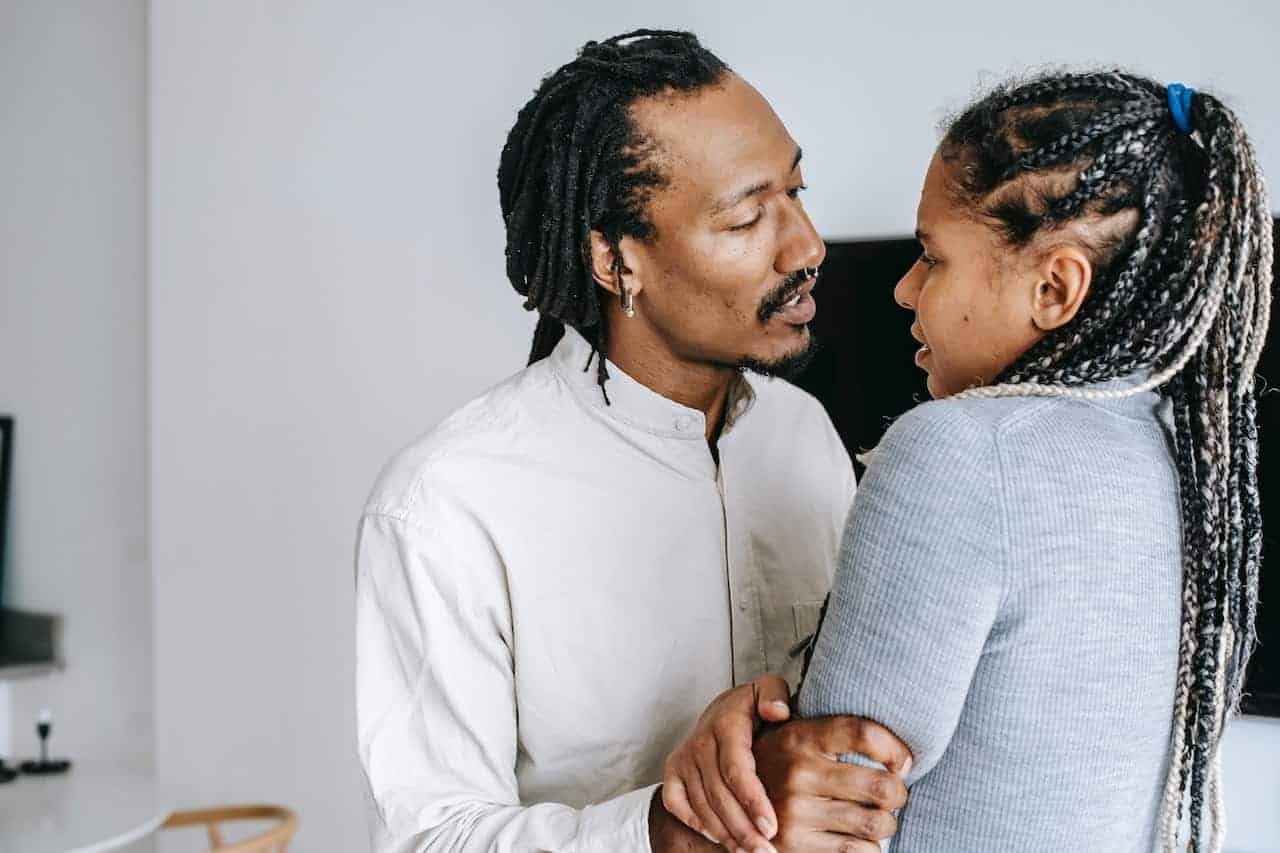Asking for assistance can be intimidating, especially in personal or professional relationships. We frequently worry about being perceived as weak or inept if we seek help. Contrary to popular belief, asking for assistance can actually make people like you more.
The Benjamin Franklin effect is the name given to this phenomenon. The Benjamin Franklin effect is named after the famous founding father who once wrote about a time when he disliked someone but began to like them more after doing them a favor.
This happens because when we do something nice for someone, we tend to see them in a better light and develop feelings of liking and appreciation for them.
Asking for assistance activates the same principle. When we ask for help, we are essentially asking them to do us a favor. This act of kindness can elicit feelings of gratitude and like from the person who assisted us.
Furthermore, asking for help can make us appear more human and relatable because it demonstrates vulnerability and a willingness to learn.
The Benjamin Franklin Effect
He that has once done you a kindness will be more ready to do you another than he whom you yourself have obliged.
If I gave you a gift and you reciprocated by giving me a gift, the fact that you returned the favor reduces your chances of getting me to help you the next time compared to the person who did not return my favor.
When you ask someone for help, they subconsciously believe you are close to them, trust them, and rely on them. If your vulnerability puts you in a position where they feel compelled to help you, they will and will end up liking you.
This was confirmed by John Jecker and David Landy in their publication on August 1969. A part of the journal quotes thus;
It is generally assumed that a person performs favor for those whom he likes and doing favor is in fact an expression of love for the person helped and it is also possible and of high probability that a person comes to like those people whom he helped.
Mistake While Asking For Help
When you want to ask someone for help, many people make the mistake of not being specific about what they want; perhaps they are too shy to ask you directly or are simply unsure.
I once received an email from someone saying he wants to connect with me, and my first thought was, “How exactly?” I’m not sure if he’s talking about a physical connection, a social media connection, or a connection for cross-promotion, and he didn’t even include a single link in the email, so I ignored it.
To avoid negative responses and to increase your chances of receiving a yes, make your request specific and straightforward.
When you are not specific, People are put in situations where they don’t know what you specifically want or if they can give it to you; or they don’t know if it is what they want to give out in the first place, so they avoid the situation and say no.
Requesting From A Group Of People
Another common error is to address a request to a large group of people in the hope that one of them will be able to help you. This is referred to as “diffusion of responsibility” by the psychologists.
In this case, the likelihood of receiving a positive response is very low because each of them will think, “Why should it be me and not the other?” and your request may be attended to by none of them.
As much as you can be specific with your request, try to be specific with who you want it from and avoid asking questions like “can someone help me with…”
Asking For Too Much Help
Some people enjoy doing favors because it makes them feel useful or helpful. I’ve known a few people who simply enjoy being there for others and assisting them in getting out of difficult situations.
This, however, rarely works, and they are eventually used. Don’t take advantage of someone like that if you come across them.
As much as asking for help can be the start of a wonderful relationship, taking advantage of people and demanding more help can backfire and cause them to despise you because they believe you waste their time and money or take advantage of their generosity in some way.
Closing Thought
In this post, asking for help or receiving help is not intended to be a surefire strategy to make others like you or become interested in you; rather, it is intended to improve the likelihood that the other person will like you.
Of course, it’s crucial to keep in mind that asking for assistance should always be done with respect and gratitude and should never be abused. However, when done in moderation, asking for help may be a terrific approach to building rapport and winning over others.
Therefore, keep in mind the Benjamin Franklin effect and the beneficial effects it can have on your relationships the next time you are reluctant to ask for assistance.
By demonstrating vulnerability and humanity, asking for help can foster stronger connections and a more positive self-perception. Be specific to reduce the likelihood of your request being denied.
Remember to approach only one person for help rather than approaching everyone in the room. Remember that if you ask for too much help too soon, people may regard you with contempt for attempting to take advantage of them.
Finally, don’t feel bad about yourself if you get a no; being turned down or denied entry is actually quite common. However, this does not preclude you from trying again later.






